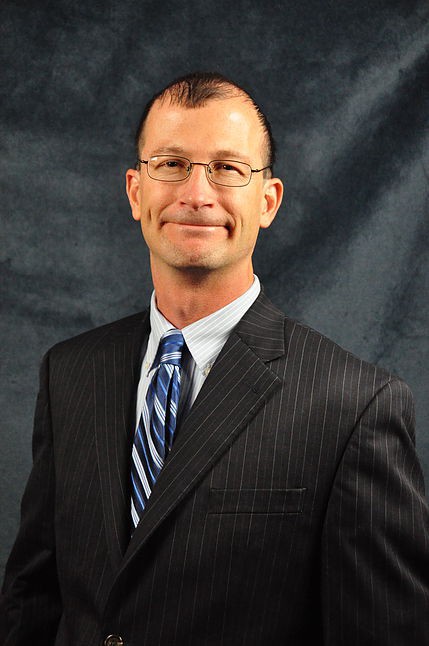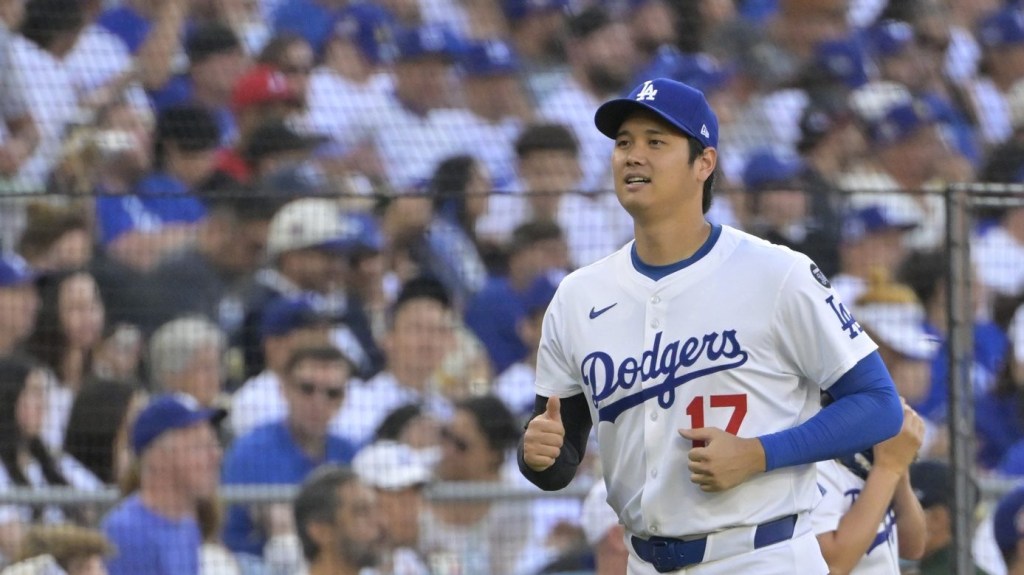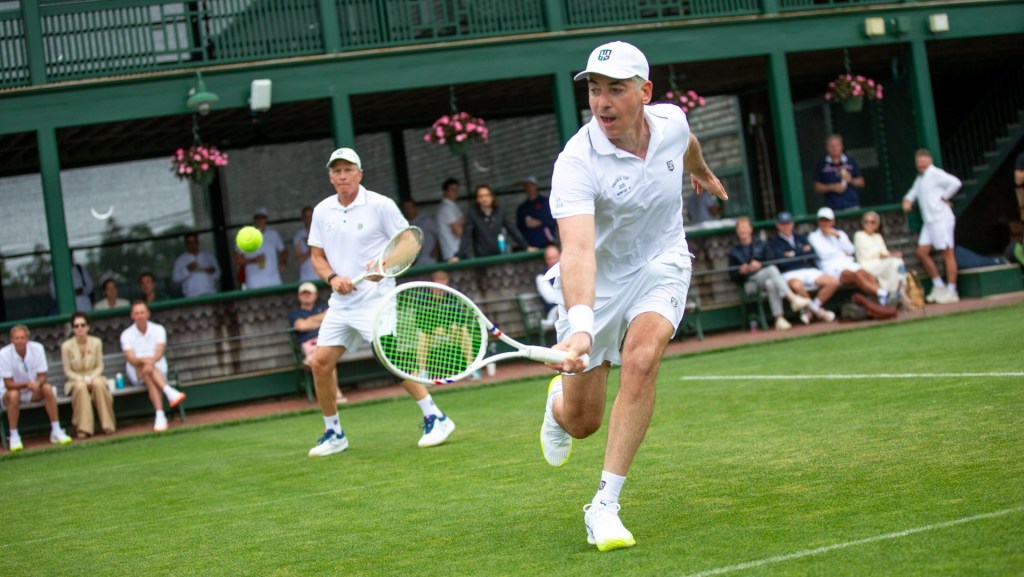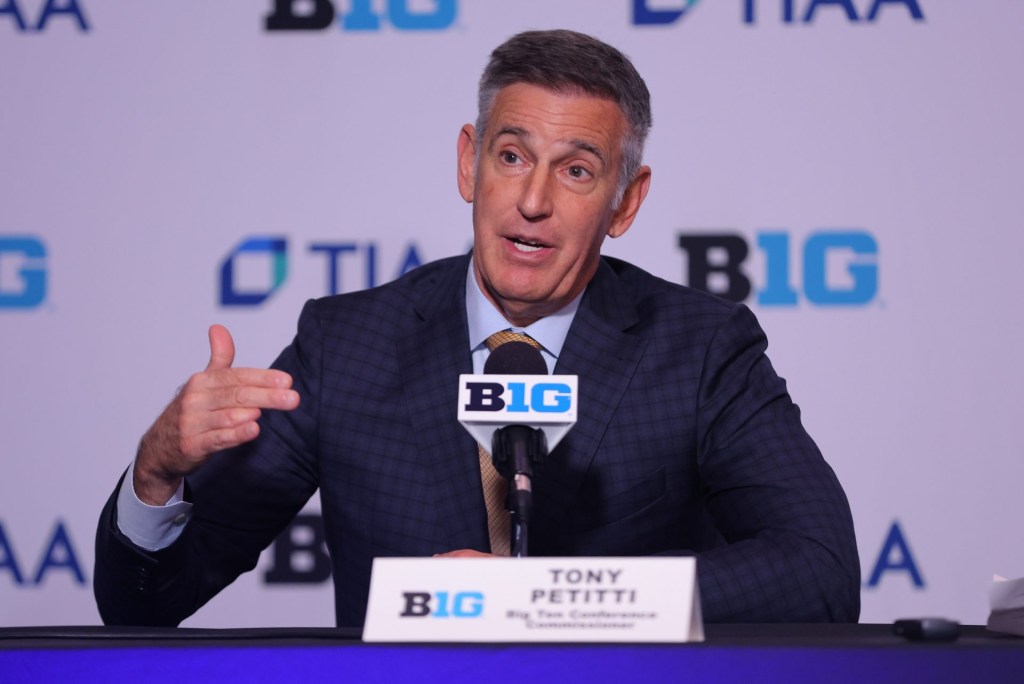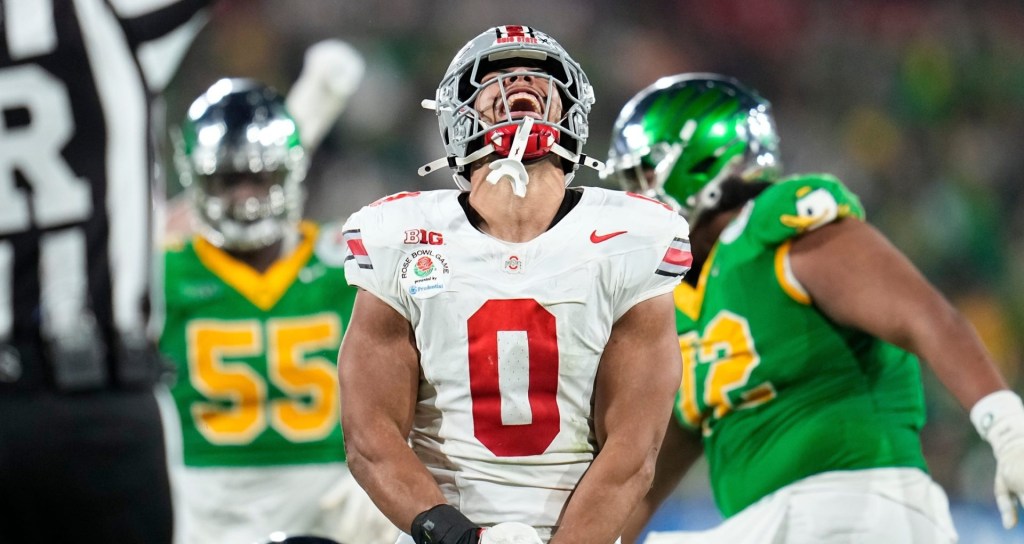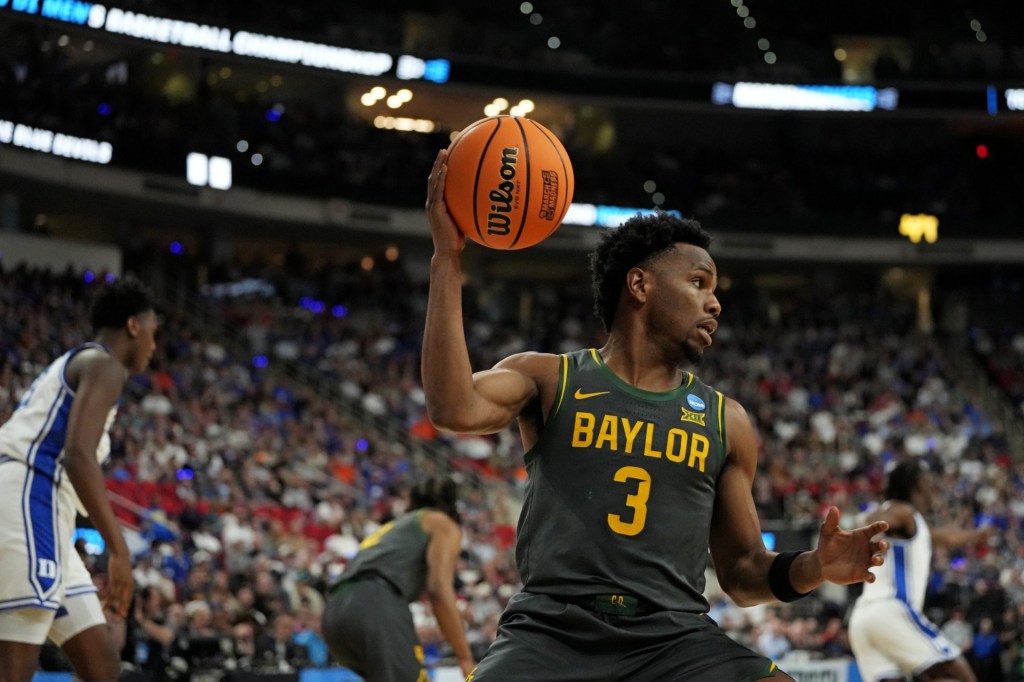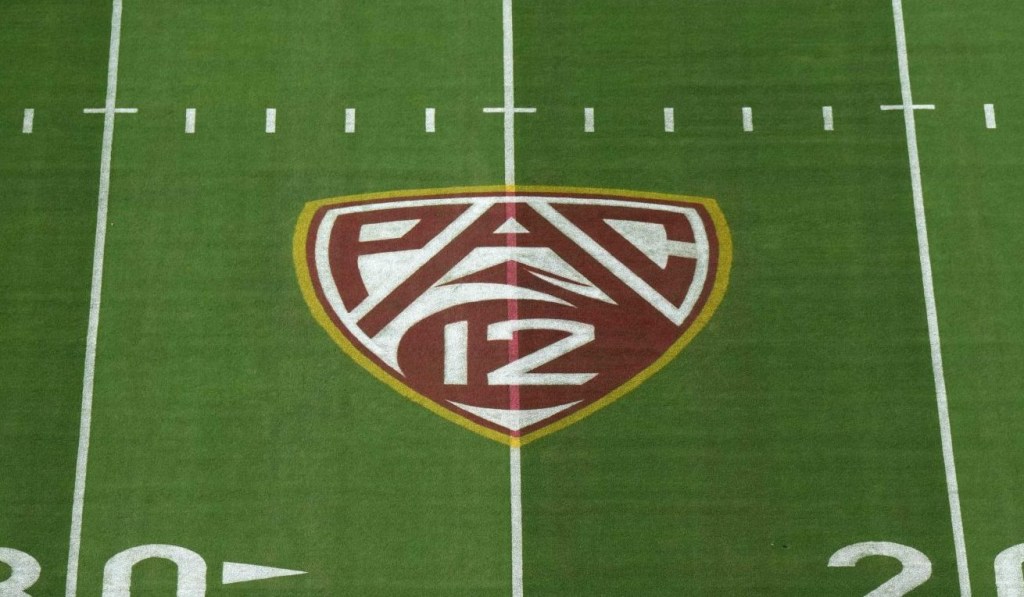By: Adam White, @FOSAdam

Front Office Sports is proud to have sat down with Danny Kambel, Sports Information Director (SID) at LeTourneau University. Danny is a graduate of Columbus State Community College where he is a member of the inaugural class of the Sport and Exercise Studies Hall of Fame. After finishing his associates, he went on to study at the University of Toledo. A lifelong sports junkie, Danny found a passion for analytics, stats and data at a young age. As someone with over 15 years of experience in the field of sports information, Danny has had quite the career with stops at NCAA Division I, II and III institutions. He is a constant participant on #sportsbiz Twitter chats, as well as having a great social media presence. He was gracious enough to offer up his time and insight about what it is like to have a “Relentless Pursuit” in the sports industry, what it means to be SET, and what steps a young professional can take to succeed in becoming an SID.
How did you end up where you are today? Did you always see yourself as an SID?
Looking back on his career he said, “During my career search in 2013, after a few months hiatus from the industry, I came about the position at LeTourneau University.” Not expecting to land where he did as it was the product of a rigorous job search to find the perfect fit for himself, he couldn’t be happier at LeTourneau. Never once growing up did he doubt wanting to be an SID saying, “I always have been around or wanting to be an SID. I grew up in a household where we received the sports news each week and I always found myself engrossed in the statistics of the games and the box scores from the previous night’s competition. In high school and college, I was a student SID and, luckily, for the past 17 years I have found success working in Division I, II and III along with events such as the 1996 Summer Olympics in Atlanta, Georgia.”
What is your greatest career highlight? What made this moment so special?
For someone who has worked in sports for so long, I expected it to take a second for him to answer this, but before I could even finish the sentence it was apparent what event left a lasting effect on him. Very proudly he calmly said, “The opportunity to work the 1996 Summer Olympics in Atlanta would have to be it for me. It came about in the second year of my undergraduate career, but the application process started when I had only been at school for a total of three weeks. It was a long application process, but to be afforded the opportunity to work with one of, if not, the most prominent sporting event this world has to offer was a great accomplishment for me. By being able to experience the Olympic movement and see how hard the athletes worked, it really set me up for future success.”
As a SID, what are the challenges/differences you face at each level of the collegiate landscape?
Being very open and succinct, he wanted to make sure that students realized that most of the job is similar on all levels saying, “The job is very similar on all three levels. You’re still responsible for most of the same aspects, but it starts to differ when it comes to the demands.” He did note that because he is now at a smaller school, he is “more responsible for more of the creation side of the business. For the most part, you are your own media entity. It can be a challenge, but it is rewarding when you can control and tell your own story. Every coach or athlete has a story and as an SID, we get to tell the stories.”
If you could go back and give 20 year old Danny any advice, what would it be and why?
It was apparent that he wouldnt take anything back, but he would have wanted his former self to know, “to not lose sight of what your dreams are and why you’re dreaming them.” He would go on to say,” If I could go back, I would ask myself ‘Why do you want to be in sports? Why do you want to be a SID? What do I have to do to get there?’ Now those answers today have led me to develop my own acronym of being SET which stands for Strategic, Engaged and Teamwork and to have #relentlesspursuit in everything you do.”
If you had to hire someone today, what traits would you like a candidate to possess?
Continuing with the idea of his acronym SET, he said, “I would first ask them how they would answer SET. How strategic are they, how do they stay engaged, how do they showcase teamwork.” For him when he hires someone its more about what their resume sayd, but more about, “hiring not just anyone; I’m hiring someone who is going to be my teammate. I want to know how well they work together because, they aren’t working for me, they are working with me.”
What is your favorite part about working in sports, and what is one word of warning you have for those who want to break into the industry?
As something many of us can relate to, Danny was quick to point out how much he likes the competition of sports saying, “You are dealing with athletes who have been training their whole life for their sport and I want to make sure that everything I do makes them feel like they are playing in the Olympics. I want to make sure everyone is happy.”
If you could take the whole sports industry and describe it in one word, what would it be and why?
Going along with the theme of his hashtag, Danny’s #OneWord was “Relentless.” In his mind this word descibes sports because, “There are a lot of people who are driven and who want to succeed so that’s what makes working in sports so great. It’s always nice when other schools and people push you to do your very best day in an and day out. Not everybody has the skill set, but it’s the relentless pursuit that defines them.”
What does working in sports mean to you?
Like many others, working in sports to Danny means that he has “been very fortunate and very blessed. It is a very rewarding profession. It’s truly a blessing to know the student athletes and that I have an impact on them in some way or another.”
Parting wisdom?
“Sports are one of the greatest life teachers. Some of the best people I have ever worked with are some of the best parents; doctors etc.”
“Go out with relentless pursuit in anything and everything that you do on a day-to-day basis.”
“Set yourself a bar and then go after it very aggressively.”
“Always look to find mentors, or to learn from others.”
Practice being “SET”
Strategic:
Get yourself ready. Are you planning ahead?
Engagement:
Are you engaging yourself, your fan base, your students, your athletes?
Team work:
You will do a lot individually, but you’re working in a collaborative environment and if you can master teamwork, you will have success.
We would like to thank Mr. Kambel for his time and insight! You can follow him on Twitter here!
Check out his hashtag at #relentlesspursuit
